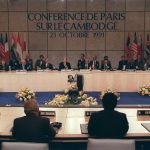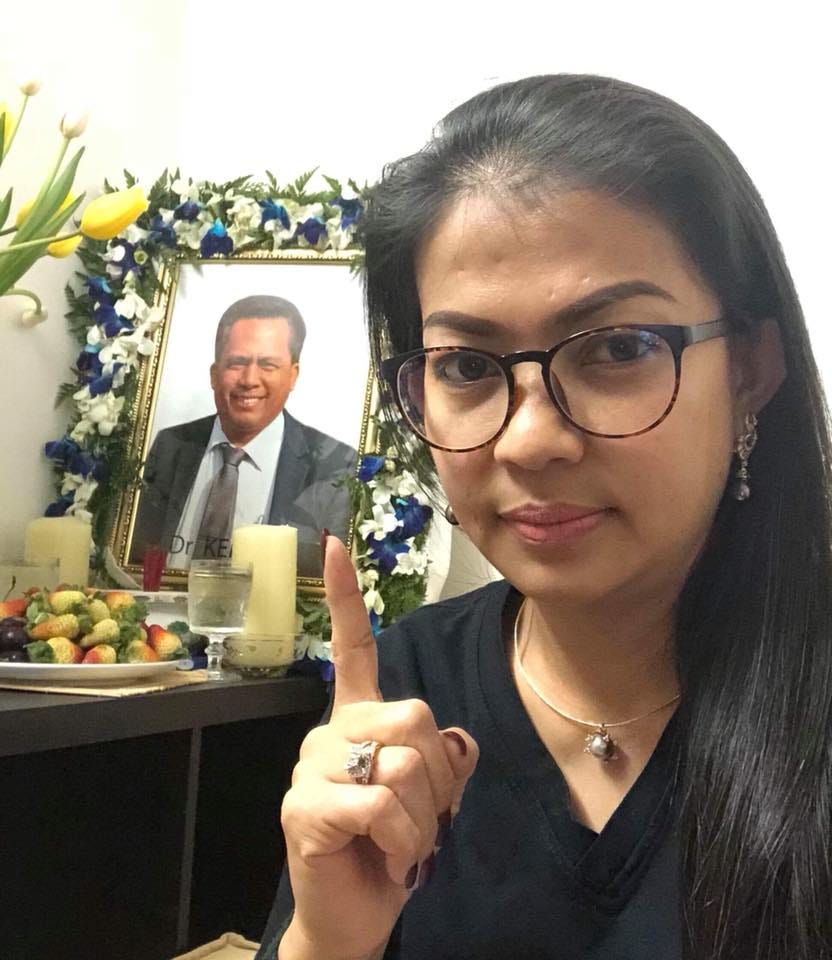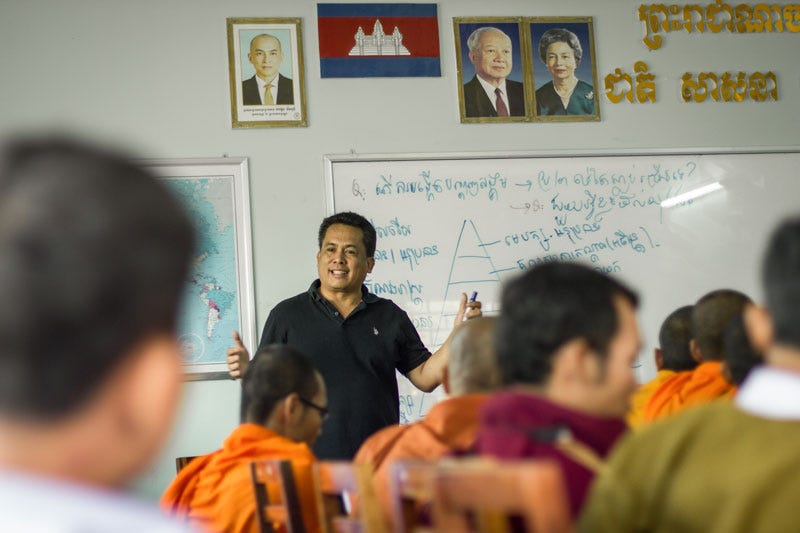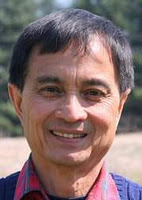Op-Ed: The Sydney Morning Herald
Cambodia’s ‘dirty dozen’ have no place in Australia

In June, Human Rights Watch released a report, Cambodia’s Dirty Dozen, profiling 12 senior generals in the military, police and gendarmerie who are responsible for serious and systematic human rights violations. They owe their senior positions in the security forces to their political and personal links with Hun Sen.
The abuses in which the 12 are implicated include violations of human rights, war crimes, and crimes against humanity committed from the 1970s to the present. Most of the 12 have been implicated in the use of unnecessary, excessive, and sometimes lethal force against protests about unfree and unfair elections, land confiscations, labour abuses and low wages. Many have also been involved in non-political abuses against the ordinary population, such as land seizures, murder, torture, and arbitrary detention.
Some, like Pol Sarouen and Kun Kim, are running as Cambodian People’s Party candidates in the upcoming election.
The Australian government has invested many millions of dollars to promote democratic reform and rule of law in Cambodia over the years. Yet the corrosive effect of the politicised leadership of the Cambodian security services and impunity for human rights violations thwart these efforts.
To begin to address this problem, the Australian government should support independent investigations into these individuals and others involved in serious human rights violations in Cambodia.
And as a matter of urgency, it should place a travel ban on these officials and any others involved in human rights violations to prevent them travelling to Australia.
Australia still provides training to Cambodian security forces and it’s possible that some of these generals may come to Australia for training programs or holidays. In assessing visa applications, the Department of Immigration and Border Protection considers “relevant public interest criteria, including foreign policy interest, national security and character requirements”, which would include credible allegations of human rights abuses.
In addition to travel bans, the Australian government should go one step further and impose asset freezes against these generals and against senior members of the ruling Cambodian People’s Party, which has been in power for almost 40 years through repression and massive corruption. The Autonomous Sanctions Act 2011 allows for imposing these kinds of targeted sanctions in situations of international concern, such as “the grave repression of the human rights or democratic freedoms of a population by a government”. However, the government has used these measures very rarely.






 Op-Ed:
Op-Ed: